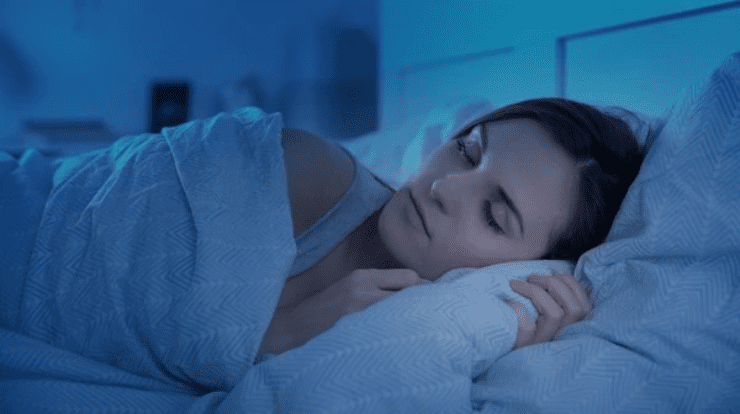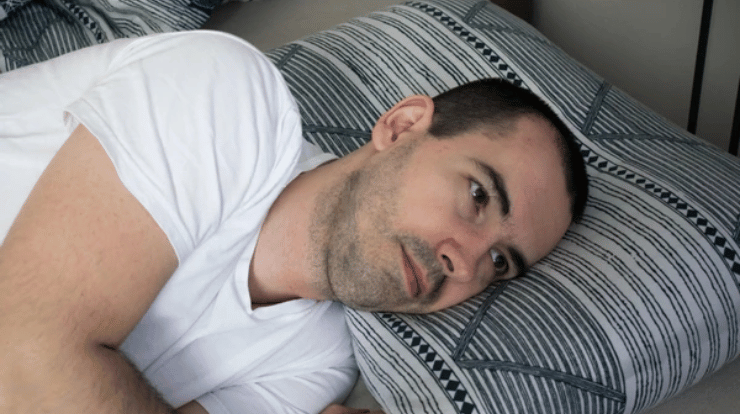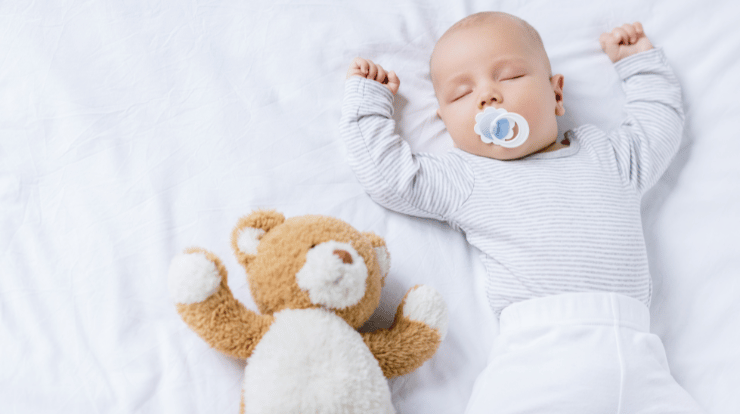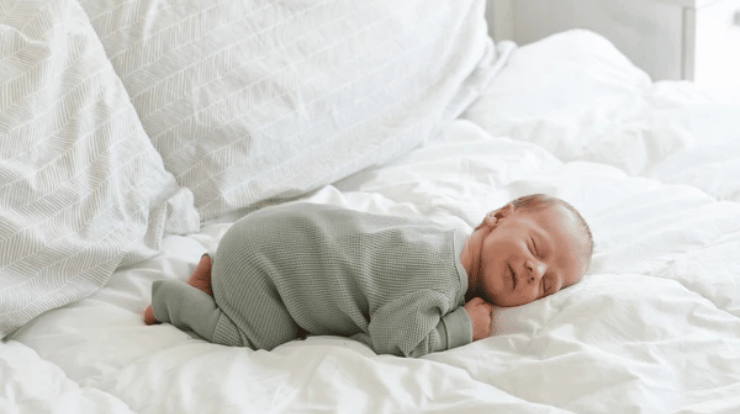
Drooling in sleep is actually pretty common—studies show that anywhere from 18 to 47 percent of adults do it. There are a few different reasons why people might drool in their sleep, including gravity, changes in jaw positioning, and certain medications. If you’re concerned about drooling in your sleep, talk to your doctor about possible causes and treatment options.
Causes of Drooling in Sleep
Following are the possible reasons that can cause drooling in sleep:
- Allergies: People who have seasonal allergies or reactions to certain foods may experience increased saliva production, which can lead to drooling while sleeping.
- Nerve damage: Damage to the nerves that control swallowing can result in problems with swallowing, and this may cause drooling. This is often seen in people who have had a stroke or those with Parkinson’s disease.
- Medications: Certain medications can cause side effects that include an increase in saliva production. These include some antipsychotic medications and some antihistamines.
- Smoking: Smokers are more likely to experience dry mouth at night, which can lead to drooling.
- Alcohol use: Drinking alcohol can also lead to a dry mouth and increased saliva production, which can cause drooling while sleeping.
- Sleep position: People who sleep on their stomachs or sides may be more likely to experience drooling, due to the gravity pulling the saliva down.
- Open-mouth breathing: Mouth breathers are also more likely to experience drooling at night. This is because mouth breathing can lead to dehydration and a decrease in saliva production.
- GERD: People with gastroesophageal reflux disease (GERD) may experience increased saliva production at night due to the acid refluxing into the throat. This can also lead to drooling in sleep.
- Tumors: In rare cases, tumors can grow in the salivary glands or in the throat, which can block the flow of saliva and cause drooling in sleep.
- Rabies: Rabies is a virus that attacks the nervous system and can cause paralysis. It is transmitted through contact with infected saliva, and one of the symptoms is increased saliva production. If you think you may have been exposed to rabies, it is important to seek medical attention immediately.
How to Stop Drooling in Sleep?
Following are the tips to stop drooling in sleeping:
- Sleeping on your back: This is the best position to avoid drooling while you are asleep as it prevents saliva from pooling in your mouth.
- Change your sleep position: If you usually sleep on your stomach or side, try sleeping on your back instead. This will help keep the saliva from pooling in your mouth.
- Use a chin strap: A chin strap is a small strip of cloth that goes over your head and around your chin. It helps to keep your mouth closed while you are asleep so that the saliva does not escape.
- Keep your head elevated: When you sleep with your head elevated, gravity will help keep the saliva from pooling in your mouth. You can use a pillow to prop up your head or sleep in a recliner.
- Drink plenty of fluids during the day: Drinking lots of fluids during the daytime will help keep your mouth from getting too dry at night. Saliva is produced in response to thirst, so keeping yourself hydrated will help reduce drooling.
- Avoid alcohol and smoking: Alcohol and smoking can both contribute to dry mouth, which can lead to increased drooling at night. If you drink alcohol, be sure to stay hydrated by drinking plenty of water as well.
- Use a humidifier: A humidifier adds moisture to the air, which can help keep your mouth from drying out at night. This can help reduce the amount of saliva you produce and prevent drooling.
- See your doctor: If you are unable to control your drooling in sleep, it may be a sign of a more serious underlying condition. Be sure to see your doctor for an evaluation if this is the case.

Is Drooling a sign of good sleep?
is drooling a sign of good sleep? is not clear. Some people might say yes while others might say no based on their personal experiences. As for the experts, they seem to mainly agree that drooling is mostly harmless and is nothing to be concerned about unless it is excessive or accompanied by other symptoms.
So, if you’re one of those people who drool when you sleep, don’t worry too much about it. It’s probably nothing to worry about and is most likely just a harmless habit. However, if you are concerned, make sure to talk to your doctor. They can help you rule out any potential causes and help you find a way to stop drooling if it is bothersome to you.
What causes excessive drooling in the elderly?
There are a few different things that can cause excessive drooling in the elderly.
- One of the most common causes is dentures that don’t fit properly. When dentures don’t fit snugly against the gums, they can cause saliva to build up and be released involuntarily.
- Another common cause of excessive drooling in the elderly is medications that cause dry mouth. A dry mouth can lead to an increase in saliva production, which can in turn lead to drooling in sleep.
- Finally, certain medical conditions, such as stroke or Parkinson’s disease, can cause problems with swallowing, which can also lead to excessive drooling in sleep. If you or a loved one is experiencing excessive drooling, it’s important to talk to a doctor to rule out any underlying medical conditions.
Is Drooling in your sleep a sign of diabetes?
There is no definitive answer to this question. While diabetes is a condition that can cause increased saliva production, drooling while you sleep is not necessarily a sign of the disease. It is possible that you could be drooling in your sleep due to other factors, such as allergies or a sinus infection. If you are concerned that you may have diabetes, it is important to speak with your doctor. They will be able to determine whether or not you have the condition and can provide you with the appropriate treatment.
Why is my baby drooling in sleep?
Have you ever noticed your baby drooling in their sleep? It’s actually quite common, and there are a few reasons why it happens. For one, babies’ saliva glands are not fully developed, so they produce more saliva than adults do. In addition, the baby’s teeth are just starting to come in, which can also trigger increased drooling in sleep.
Most of the time, drooling is nothing to worry about and will resolve on its own as the baby’s saliva glands mature. However, if your baby is drooling excessively or seems to be in discomfort, it’s worth mentioning to your pediatrician. Excessive drooling can sometimes be a sign of an underlying medical condition, so it’s best to err on the side of caution.
Drooling in sleep during pregnancy
Drooling in sleep during pregnancy is a common occurrence. Many pregnant women experience this, and it is nothing to worry about. It is caused by the increased levels of progesterone in the body, which relaxes the muscles and can lead to drooling. In most cases, drooling will resolve itself after pregnancy.
However, if you are concerned about it, there are some things you can do to reduce drooling. Sleeping on your back or side can help, as well as avoiding spicy or acidic foods before bed. If drooling persists or is accompanied by other symptoms, such as snoring or difficulty breathing, it is best to consult a doctor.






